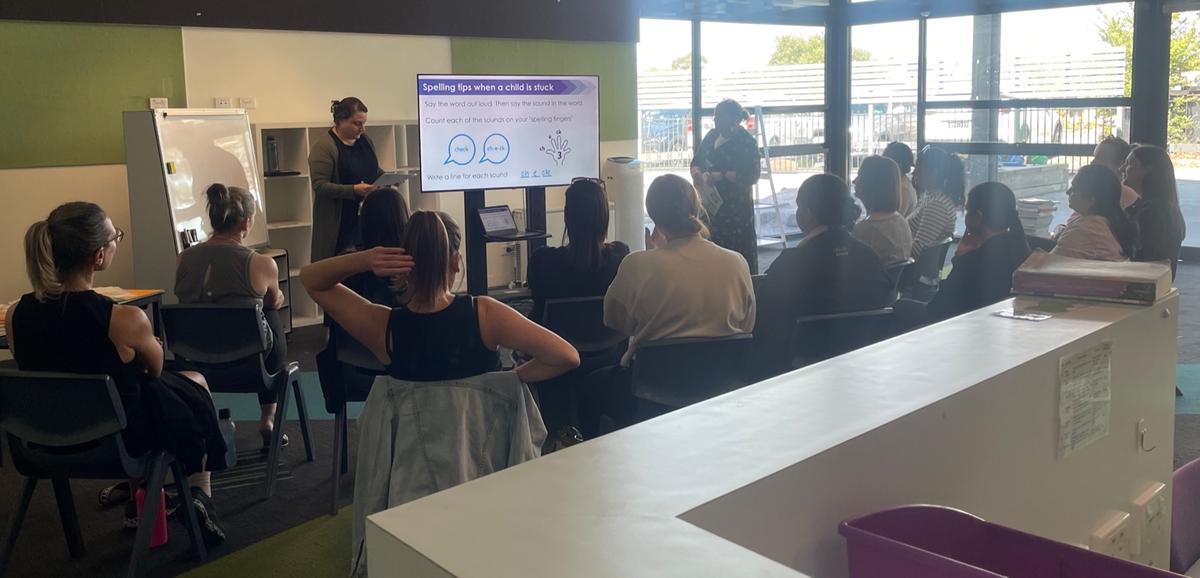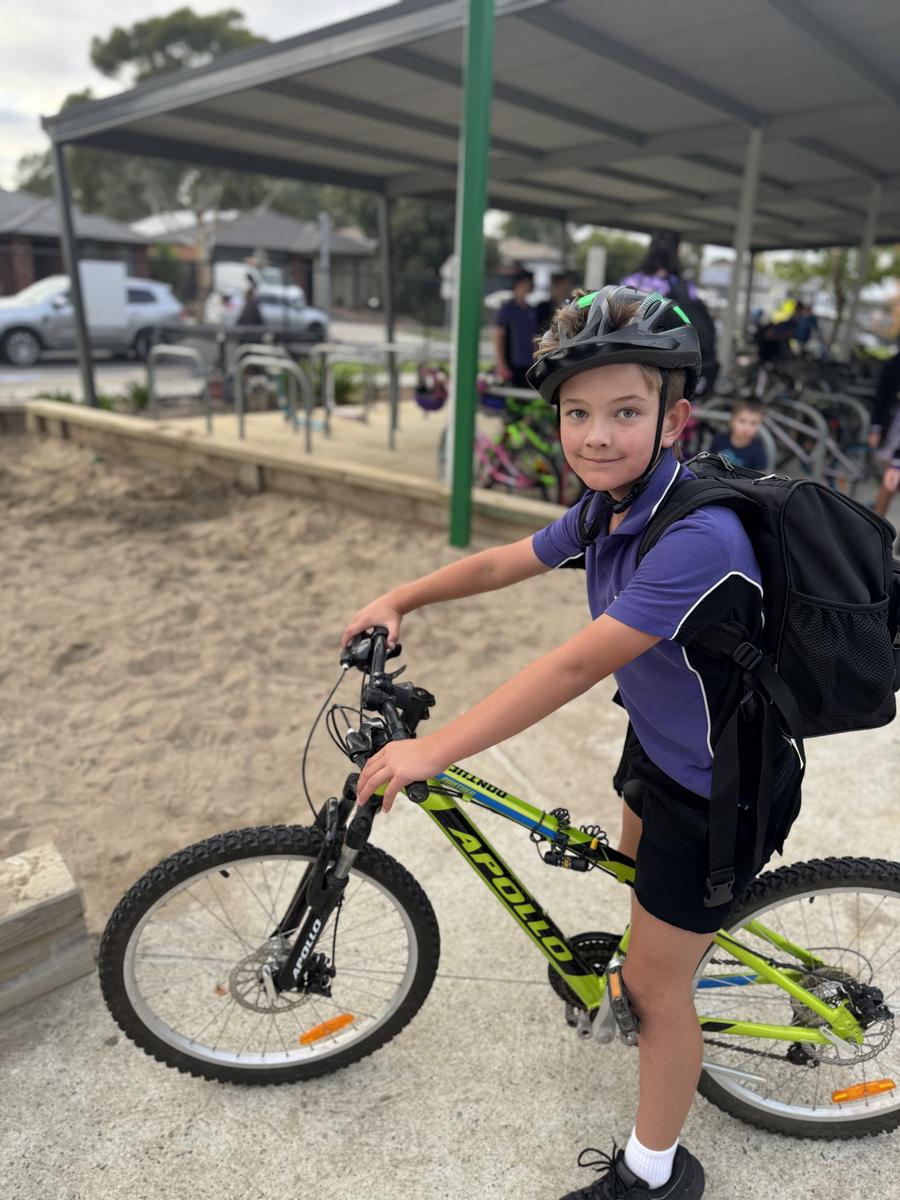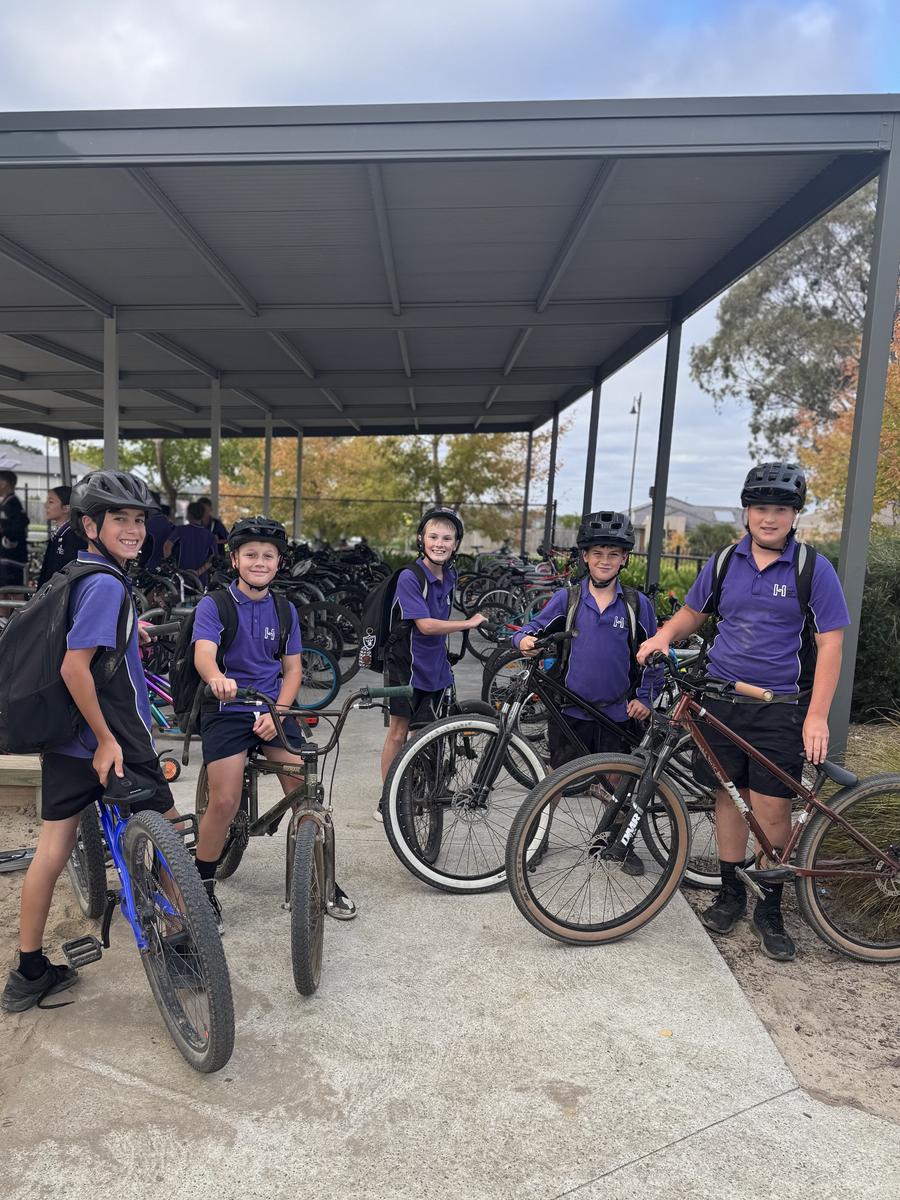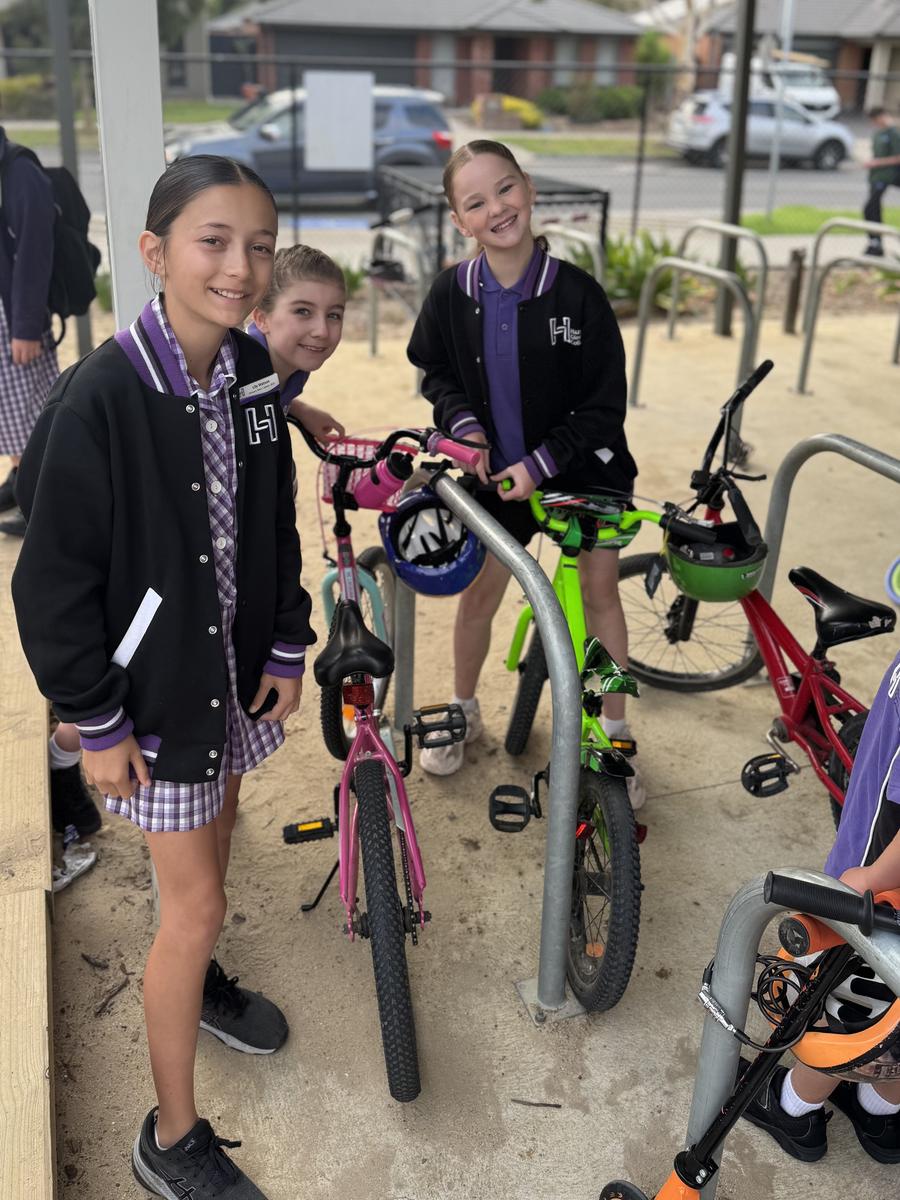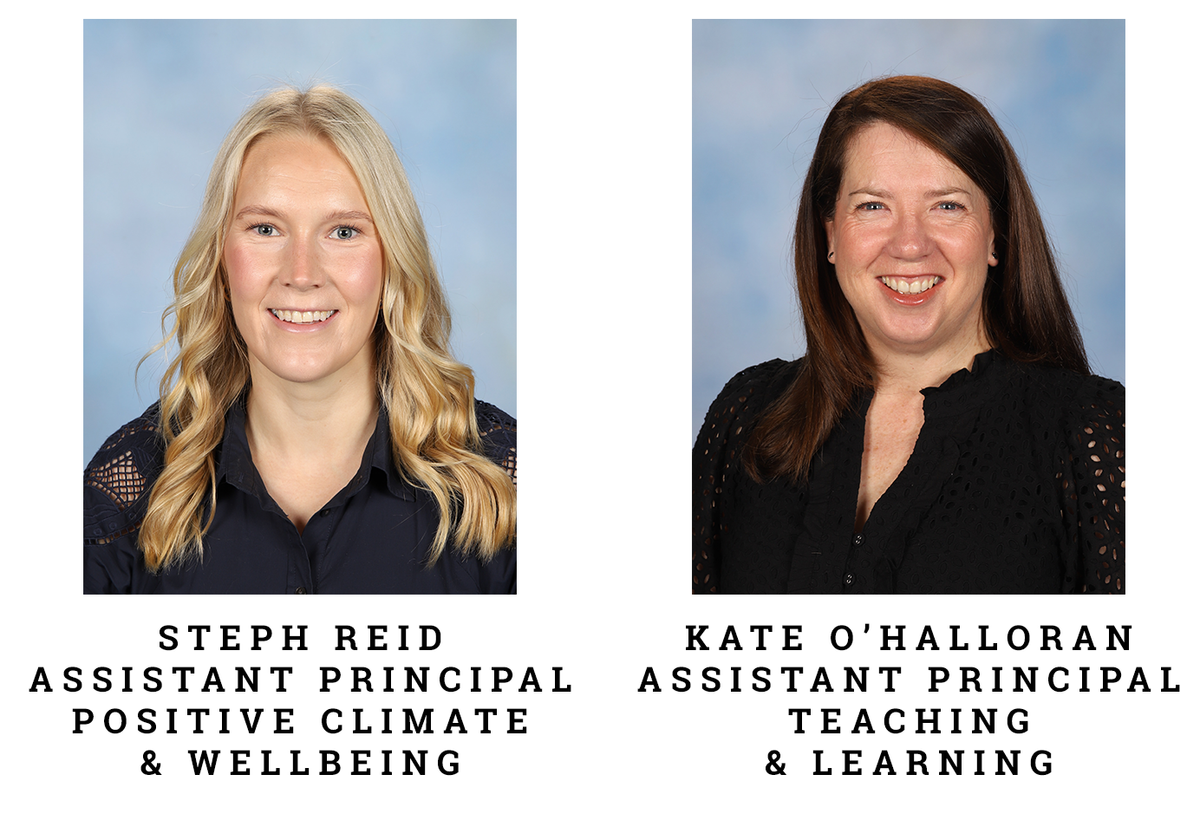Assistant Principals' Report

STUDENT LEARNING PROGRESS
As shared with parents and carers earlier this year students will have their progress communicated through parent/teacher interviews, Semester reports at the end of Term 2 and 4, as well as learning tasks posted on Seesaw. These learning tasks will have a clear learning intention and success criteria based on the Victorian Curriculum to assist parents and guardians in understanding their child’s performance. Each term parents and guardians can expect a task for English, Maths and Curiosity to be posted. There will also be tasks from each of your child’s specialist teachers. Please take the opportunity to celebrate your child's progress with their learning at school this term.
CLASSROOM HELPERS
We will be welcoming classroom helpers in the Prep - Year 2 classes from the beginning of Term 2. To help in our classrooms we require parents and carers to:
- Complete our Classroom Helpers course
- Sign a confidentiality agreement each year (available from the PY office)
- Provide your current Working With Children Check (WWCC) to the PY office staff who need to sight it and make a photocopy
- Complete the Volunteer/Visitor Induction Course (Link)
This week two of our Instructional Leaders Jess Frangos and Eden Ralph ran a training course for Classroom Helpers in the Primary Years. It was great to see parents learning about our Little Learners Love Literacy program and how they can support student learning in the classroom. We will be running an evening Classroom Helpers course early in Term 2 and will notify parents and carers of the details via Compass.
If parents and carers would like to help with excursions or sporting events we ask that you ensure you sign a confidentiality agreement, have a current working with children's check and complete the volunteer/visitor induction course as per above.
CYBER SAFETY
With the upcoming two-week holiday break, students will have more free time, increasing the likelihood of using technology for non-educational purposes. While digital devices provide entertainment and connection, it's important to create a healthy balance between screen time and other activities. One effective way to manage technology use at home is by developing a family technology agreement — a set of shared rules on how devices like smartphones, tablets, computers, TVs, and gaming consoles are used.
Start the conversation with your family and create an agreement that suits the age and needs of your children. For younger children (aged 5 to 8 years), setting clear guidelines now can help establish healthy digital habits that will benefit them as they progress through primary and secondary school. Talking openly about tech rules fosters digital intelligence, helping children develop the social, emotional, and practical skills needed to navigate the online world safely and responsibly. As parents and carers, you play a crucial role in guiding your child’s technology use and ensuring a positive digital experience.
Below is a guide that parents can use to develop a family tech agreement, and more information can be found at: eSafety Parents.
RIDE TO SCHOOL
Last Friday, the Student Leadership Academy hosted Ride to School Day to promote the importance of active travel. A huge thank you to all the families and students who rode, walked or scooted to school! Active travel on the day increased by 30%, with nearly 65% of Primary Years students choosing to travel actively.
As part of the event, the Student Leadership Academy also organised a raffle and colouring competition, with fantastic prizes generously donated by Shannon and his team at South Morang Bicycle Centre. Thank you to everyone who participated and helped make the day a success!
ATTENDANCE
Going to school every day is an important part of your child’s education. Children and young people learn new things at school every day, connect with friends, have fun and develop good habits that help them to succeed after school. Attending and participating in school will help your child:
- develop important skills and knowledge to help them learn
- develop social and emotional skills such as good communication, resilience and team work
- establish friendships with peers which help develop self-esteem and a sense of belonging.
There is no safe number of days for missing school. Being away from school for one day a fortnight adds up to missing four whole weeks of school a year. Where possible, you should avoid your child missing school, for example, make appointments for your child outside of school hours and keep family holidays outside term time.
If your child is absent, please update Compass with an attendance note as soon as possible or contact your child's classroom teacher. Communicating absences with your child's teacher is essential to ensure they can provide support for a smooth return to school.

